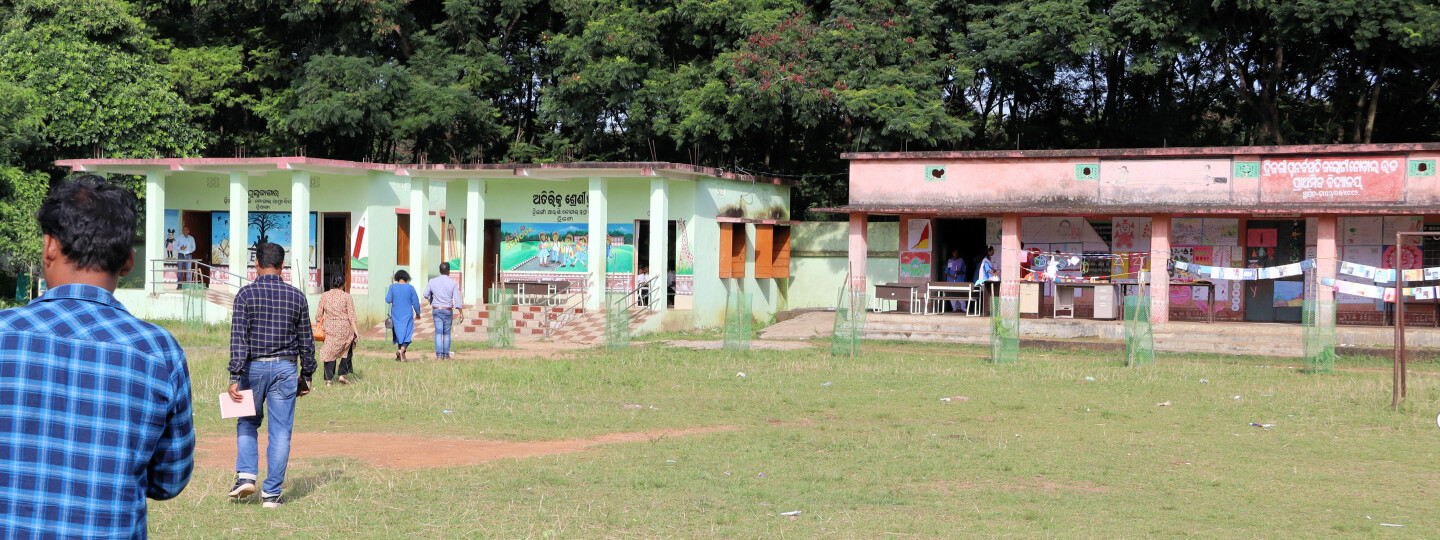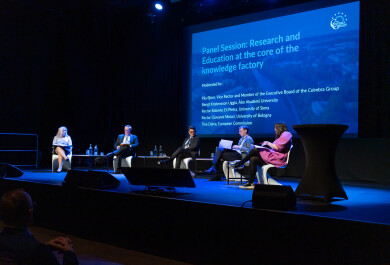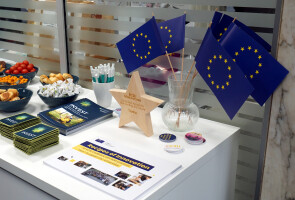The Thousand Schools Programme aims to ensure equal and high-quality education for all children in India. Key figures of the Programme, Smita Agarwal and Sourav Roy, highlight the importance of bottom-up approaches, commitment and international engagement in reshaping education.
In India, ensuring access to quality education remains a pressing challenge. To address the fundamental issues underlying the situation, the Tata Steel Foundation, in collaboration with ASPIRE, has initiated the Thousand Schools Programme that is dedicated to achieving equal and high-quality education for all children in India. Launched in 2015, the Programme has retained its original name, although it has since expanded to 6,500 schools.
The goal of the Thousand Schools Programme is to establish a replicable and scalable model for Universalisation of Elementary Education within the framework of the Right to Education. Emphasising three crucial aspects — access, learning, and governance — the Programme aims to ensure that every child is enrolled in school and progressing toward completing secondary education. Simultaneously, the Programme tackles issues such as learning deficits, fosters effective learning environments in schools, and strives to improve school governance structures.
The Programme specifically targets the tribal communities of India where access to school is limited and the quality of education is subpar. The University of Turku has been involved in the initiative as a member of the Global Innovation Network for Teaching and Learning (GINTL) and contributing through activities such as teacher training aimed at enhancing the overall quality of teaching and learning.
At the end of 2023, the University of Turku welcomed two key figures of the programme, Smita Agarwal and Sourav Roy, for a visit. Smita Agarwal has worked in the field of education for over two decades and since 2014, she has been heading the Education Programme of Tata Steel’s Corporate Social Responsibility. She has conceptualised, and leads the Thousand Schools Programme. Sourav Roy is the Chief Executive Officer of Tata Steel Foundation and Chief of Corporate Social Responsibility for Tata Steel.
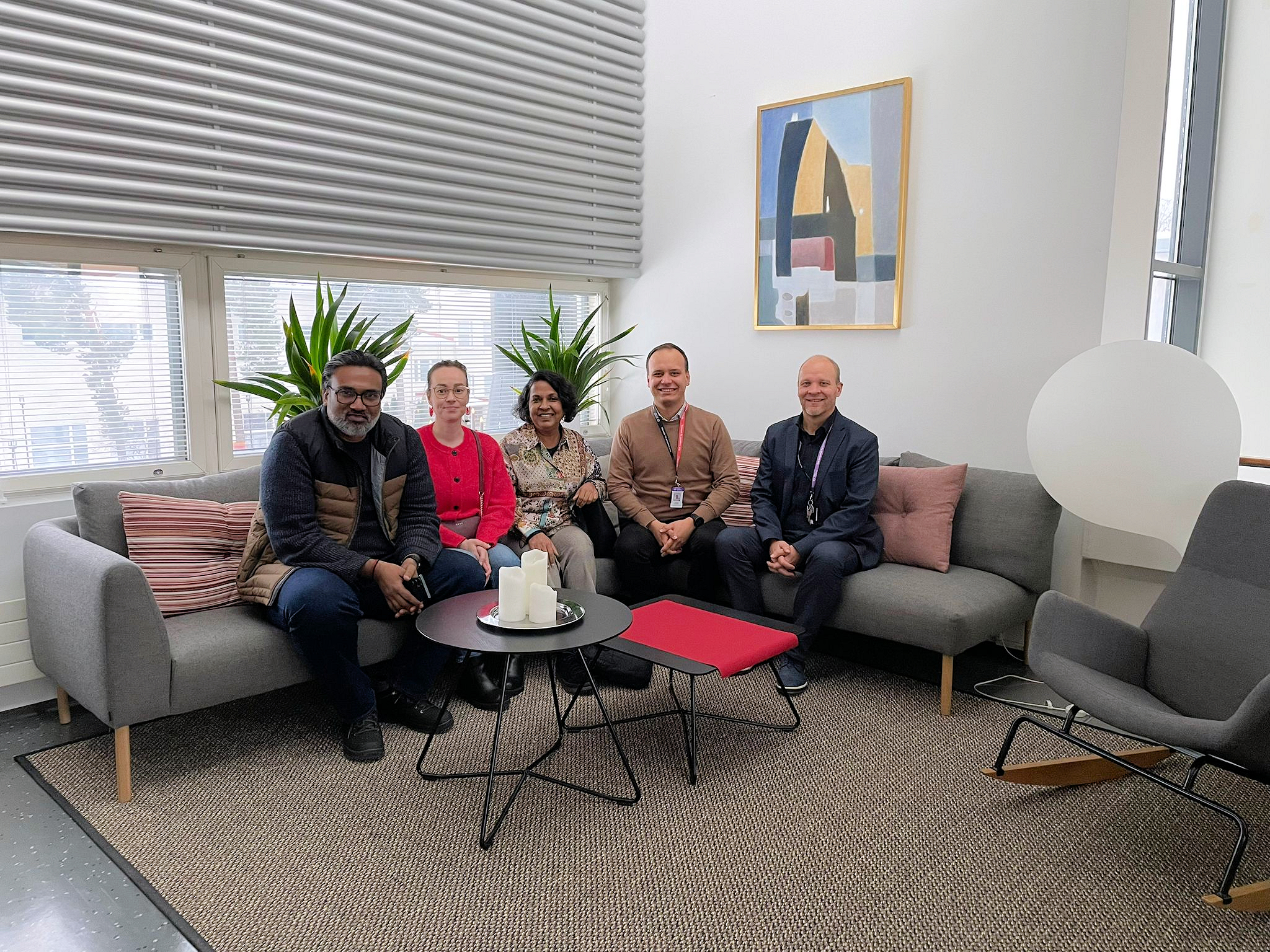
Working for a bottom-up system change in education
One of the flagship initiatives of the Tata Steel Foundation, the Thousand Schools Programme is characterised by a bottom-up system change and a rights-based approach to education. According to Smita Agarwal, the Programme has evolved by integrating knowledge and insights from various initiatives, forming a comprehensive approach that addresses access, learning, and governance. While focusing on access and learning is crucial, Agarwal also emphasises the importance of community-led governance in ensuring effective school management and facilitating a bottom-up system change.
Sourav Roy agrees with Agarwal: “As the saying goes, it takes a village to raise a child. It has to be everyone’s priority that a child receives an education. This is why local, community-led governance is so important,” Roy explains.
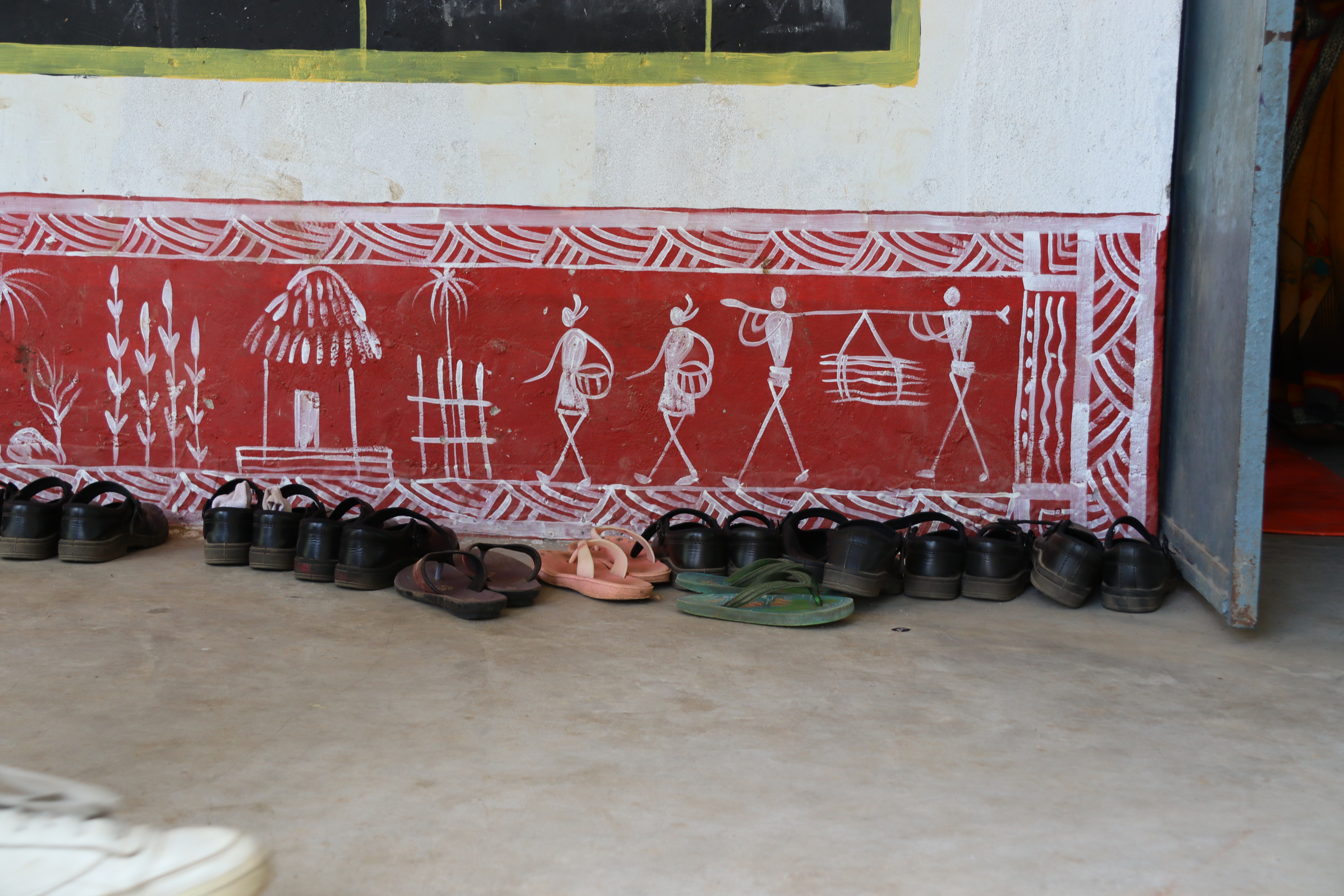
According to latest information, approximately 62,000 children have already been reached and enrolled in school through the Programme. Some of its other tangible achievements include improvements in learning outcomes, local communities taking ownership of the initiative and running schools, as well as the way local teachers have been engaged in training sessions aimed at enhancing their capacity to deliver quality education to students.
Training Expert Mirjami Jeskanen from the Department of Teacher Education at the University of Turku has been involved in organising the training activities for local teachers. She is very impressed with the teachers’ motivation to learn and develop their teaching competences.
“The teachers in India have been very enthusiastic, engaged and committed. The number of teachers participating in trainings has grown a lot and they have been so eager to learn more, “ Jeskanen explains.
While Agarwal and Roy take pride in the Programme’s achievements, they also acknowledge that there is still work to be done. Agarwal suggests that ideally, the Programme should offer comprehensive support to children throughout their educational journey, from early childhood through their progression to higher education. Essentially, the success of the Programme should be evaluated by the impetus it generates to propel progress in education and the need to develop things further.
To some extent, significant changes in overall attitudes towards education are already taking place.
“In India’s poorer areas, you cannot find a child who is just playing. Children are either at school or they are working. So, the moment you place a child in full-time education, that is when the child is pulled away from child labour. What we are seeing more and more is that this is becoming a norm – the perception that a child needs to be in school,” Agarwal notes.
From inspiration to collaboration
Finland's approach to organising education has served as an inspiration for the Thousand Schools Programme. The attention garnered by Finland's impressive PISA (Programme for International Student Assessment) results in early 2000’s sparked interest in the country’s educational practices. However, collaboration between Finnish partners and the Programme occurred years later due to the differing contexts necessitating time to establish suitable connections.
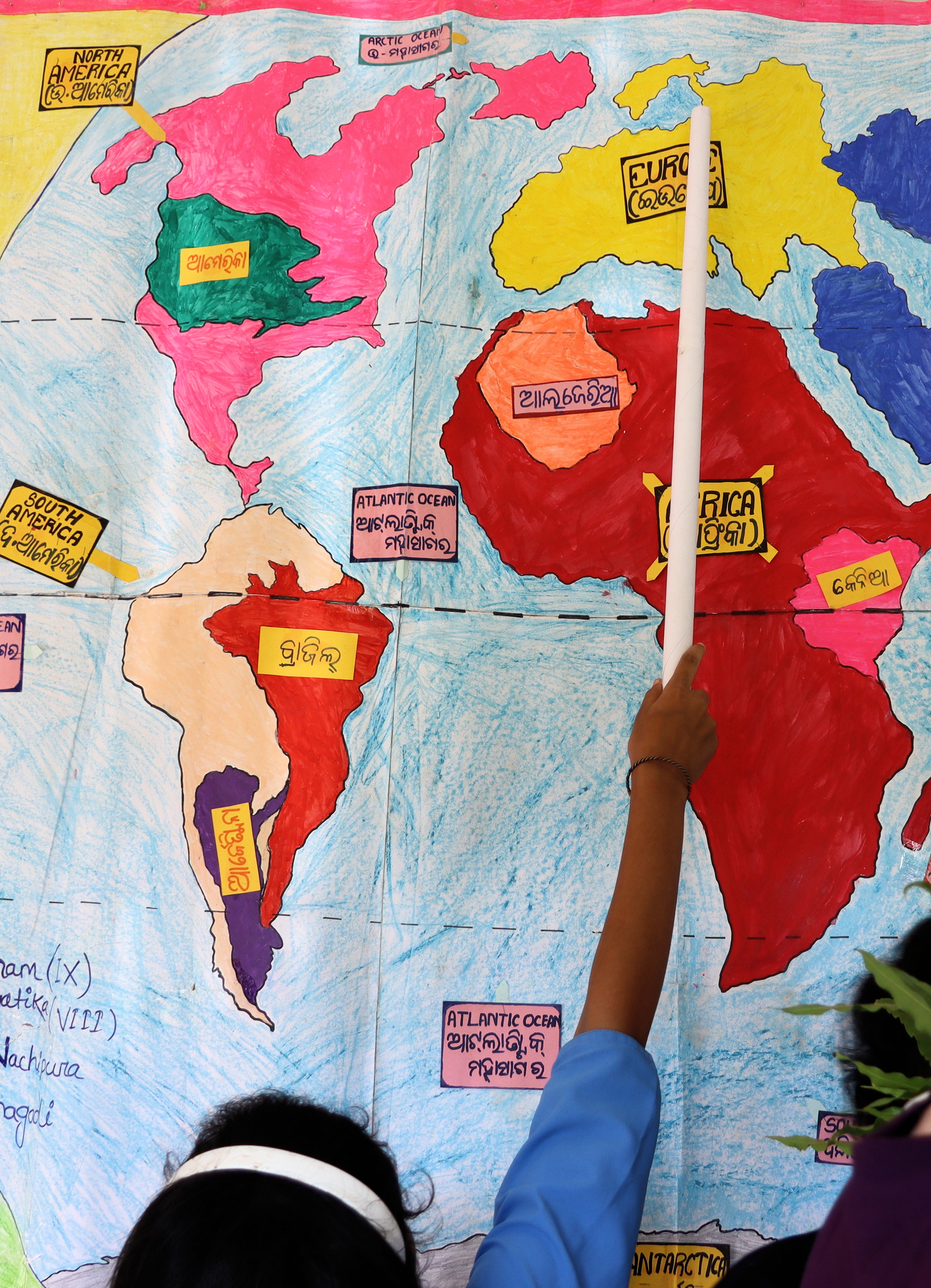
According to Smita Agarwal, finding excellence and learning from best solutions serve as guiding principles in the development of the Programme. Through collaboration with partners from Finland, the Programme has sought to harness efficient teaching and learning methodologies.
Sourav Roy points out that it is important to understand what it is that makes the Finnish education system stand out. Following this, the Programme must concentrate on tailoring and applying it in the best possible way. Working with like-minded people helps a lot.
As for the future, both Agarwal and Roy would like to see the Programme expand further. Given India's vast size, rapid population growth, and diverse cultures and traditions, international collaborations such as those seen in the Thousand Schools Programme yield tangible outcomes that influence the entire society, including those who are often left out.
“We need to discover how we can make children’s lives and learning a little bit easier and open up life options for them. That is the purpose of the whole Programme,” Sourav Roy summarises.
Photos: Mirjami Jeskanen
